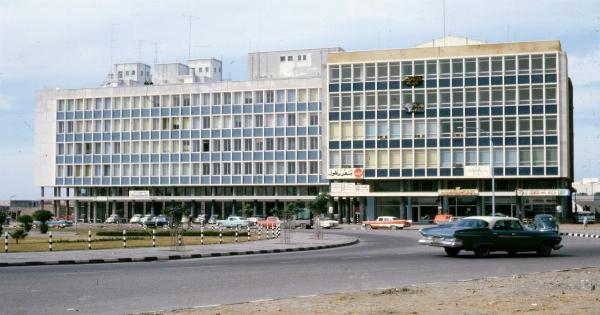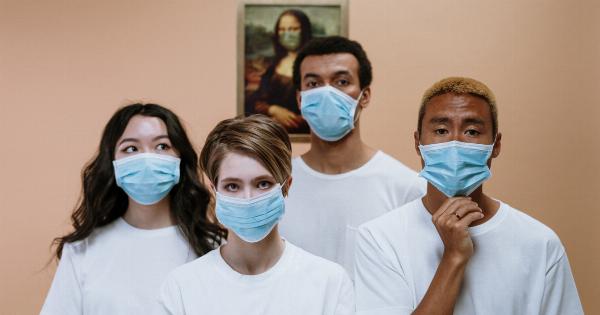Saudi Arabia has been dealing with a deadly outbreak of Middle East Respiratory Syndrome (MERS) since the first case was reported in 2012. As of July 2020, the country has reported over 2,400 cases and 866 deaths, with a mortality rate of around 35%.
The latest outbreak, which began in January 2020, has claimed the lives of 117 people so far.
What is MERS?
MERS is a viral respiratory illness caused by the Middle East Respiratory Syndrome Coronavirus (MERS-CoV). The virus was first identified in Saudi Arabia in 2012, and since then, it has spread to other countries, mostly in the Middle East.
MERS-CoV belongs to the same family of viruses as the Severe Acute Respiratory Syndrome (SARS) Coronavirus, which caused a global outbreak in 2002-2003.
Symptoms of MERS
MERS causes flu-like symptoms, including fever, cough, and shortness of breath. In severe cases, it can lead to pneumonia, kidney failure, and death. The symptoms usually appear within 2-14 days of exposure to the virus.
Transmission of MERS
MERS is a zoonotic disease, which means it is transmitted from animals to humans. Dromedary camels are believed to be the primary reservoir of the virus.
People can catch MERS by coming into contact with infected camels, or by consuming contaminated camel products, such as milk. The virus can also spread from person to person through close contact, such as caring for or living with an infected person. However, the virus does not appear to be as contagious as other respiratory viruses, such as influenza.
Prevention of MERS
There is currently no vaccine for MERS. The best way to prevent infection is to take the following precautions:.
- Avoid close contact with camels, including their meat and milk
- Wash hands regularly with soap and water
- Avoid touching eyes, nose, and mouth with unwashed hands
- Avoid close contact with sick people
- Cover nose and mouth when coughing or sneezing
- Wear a mask if you have respiratory symptoms
Treatment of MERS
There is no specific treatment for MERS. Supportive care, such as oxygen therapy, can help relieve symptoms. If the patient develops severe respiratory or organ failure, they may require mechanical ventilation or dialysis.
Some antiviral drugs have shown promise in treating MERS, but their effectiveness is still uncertain.
The Latest Outbreak in Saudi Arabia
The latest MERS outbreak in Saudi Arabia began in January 2020, with the majority of cases being reported in Riyadh, the capital city. The outbreak has been linked to a large hospital in Riyadh, where several healthcare workers have been infected.
The hospital has since been closed for disinfection.
The Saudi Ministry of Health has been working to contain the outbreak by tracking down and testing anyone who has had close contact with an infected person.
The ministry has also implemented strict infection control measures in hospitals and other healthcare facilities.
Conclusion
MERS is a serious disease that can be fatal. While the current outbreak in Saudi Arabia is worrying, the Saudi government is taking steps to contain it.
It is important for individuals to take precautions to prevent infection, especially if they are in contact with camels or sick people.




























